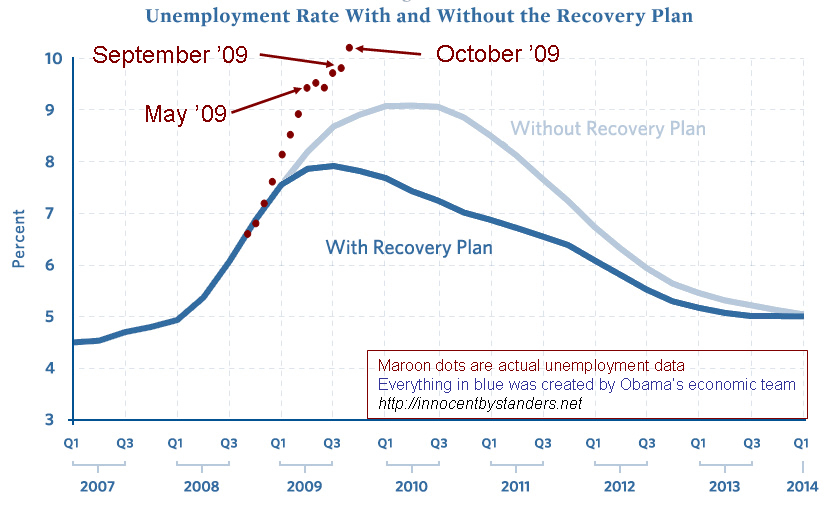Measuring things
April 4, 2010
I have been reading some Karl Popper lately, and mostly what he says really appeals to me. Specifically, I’ve read The Open Society and Its Enemies, and I’m in the middle of Unended Quest right now.
One of the things I find really amazing about Popper is his emphasis on making conjectures that can be proven wrong, as a way to advance knowledge. If I understand him correctly, it is important that when we make guesses about the world, we make them testable. That is to say, we make them so that we can be proven wrong (though we can never be “proven” right). This most obviously is the scientific method, but Popper seems to say we should use it everywhere.
As I work hard to come up with, and justify, a coherent political philosophy for myself I find testable hypotheses in short supply. It is possible I just don’t know where to look. Certainly in contemporary politics this is the case; I can only think of one recent time when a president or political party said “this is the policy I propose, and if you enact it, I believe this will happen.”
Such a testable hypothesis would be extremely valuable for evaluating someone’s credibility. It is true that most partisans would spin conclusions so as to “immunize” (Popper’s word) their hypothesis from being disproven, but I’d like to believe these hypotheses would be helpful to reasonable people. In an ideal world I would set up a system to catalog predictions and evaluate whether they are correct or not in order to evaluate pundits’ credibility.
The one recent time I can think of that a political figure made a significant testable hypothesis was last year. This was during the debate over enactment of last year’s (astonishingly wasteful, in my opinion) $800b recovery package.

I actually applaud the Obama administration for releasing this graph. It does, however, show that the package has been a complete failure in achieving its intended goals. Perhaps you may say that things would be even worse without the package. While I personally doubt that, it is strictly speaking impossible to tell. It would also have been nice to have a more accurate sense of what would happen, when we had the original conversation.
We learn a fairly limited amount from this graph - mostly that at least in some circumstances, a large spending package will not prevent extremely high unemployment. Obama’s economic team should lose at least some credibility, as well.
By itself, I don’t think this graph can act as an indictment of recent economic policy. But if policymakers were in the habit of releasing such projections, it would give us more information, wouldn’t it? Concrete hypotheses seem so rare these days that reasonable people can justify a large range of positions on many issues.
Even my “astonishingly wasteful” comment above is based on my understanding of economics. I could have a fruitful conversation about this with people who think differently, but it would be hard for one of us to convince the other because there’s very little objective means of establishing credibility.
And I don’t just mean projections on the national economy, but thousands and thousands of projection models on the local, state, and national levels, for every government program. Projections on foreign policy, as well.
Not everyone agrees on what goals we should be pursuing. But surely it would be a good thing to start rigorously defining - or talking about defining - at least some metrics to measure our progress, and then evaluating those metrics? Frankly, I don’t know what metrics these would be, either.
I guess if people were already independently modeling these things, I could just skip to the step of collecting these predictions. What we need is a Google Public Data Explorer, but for projections also.